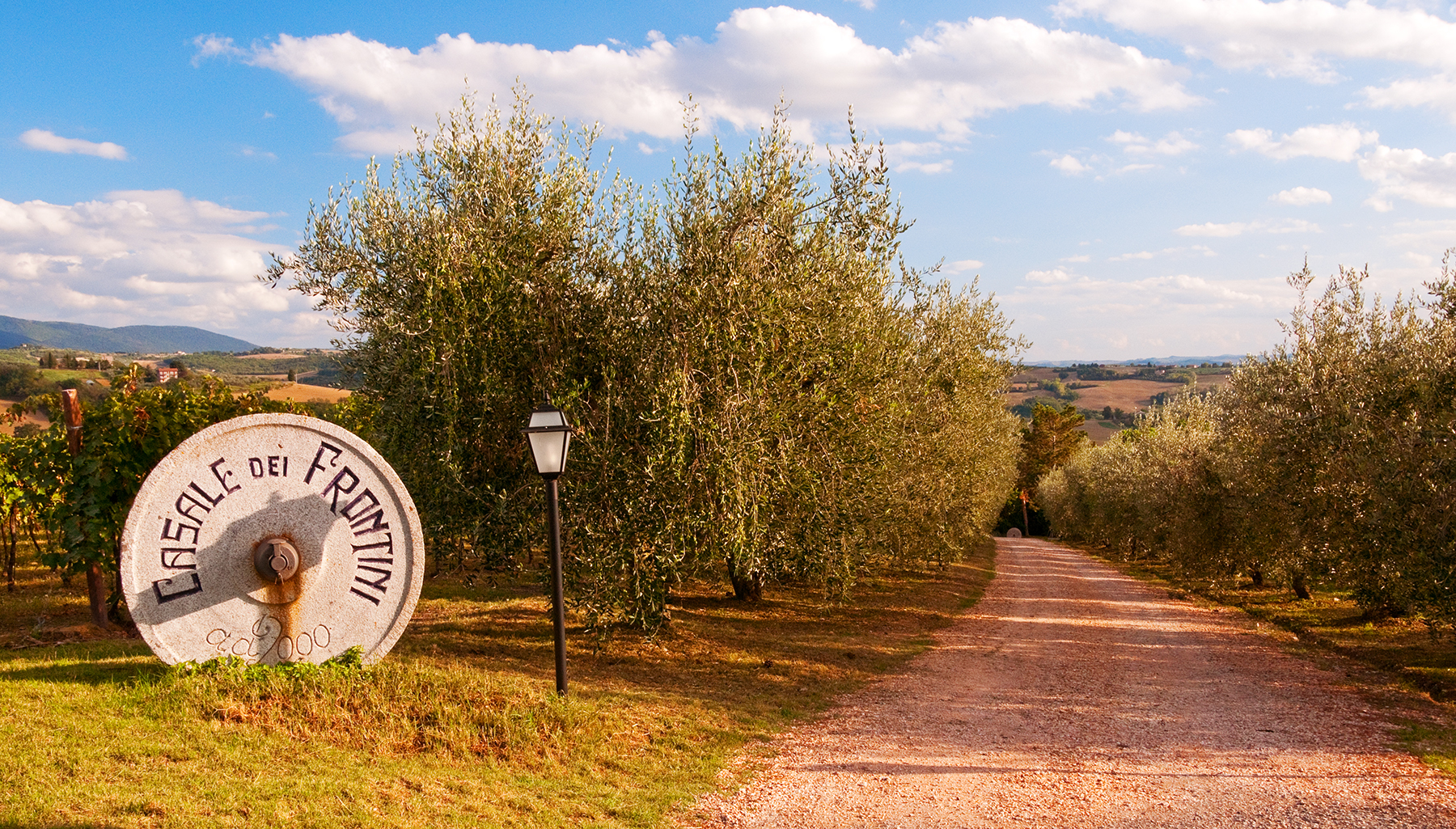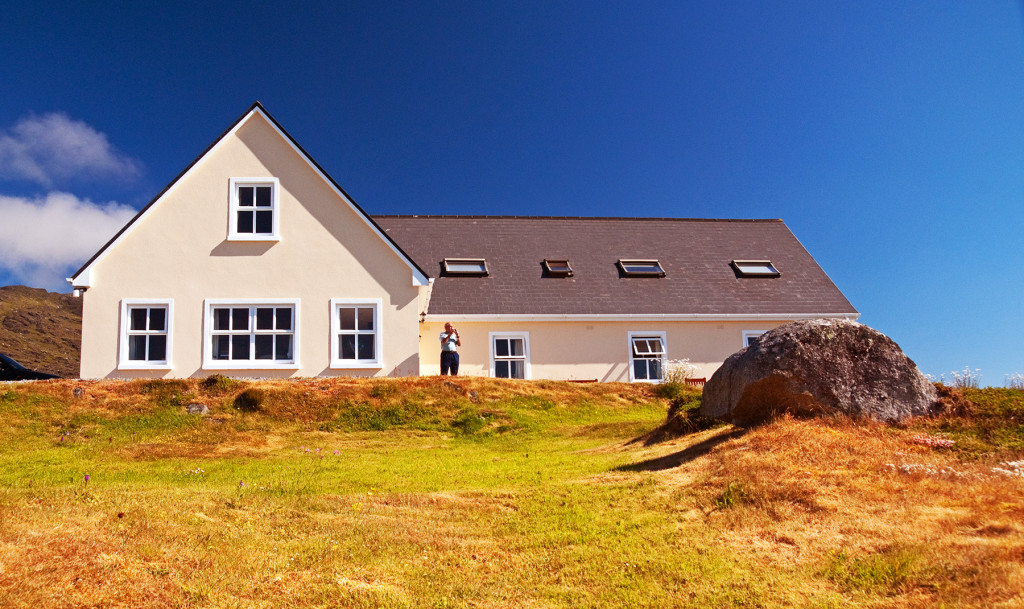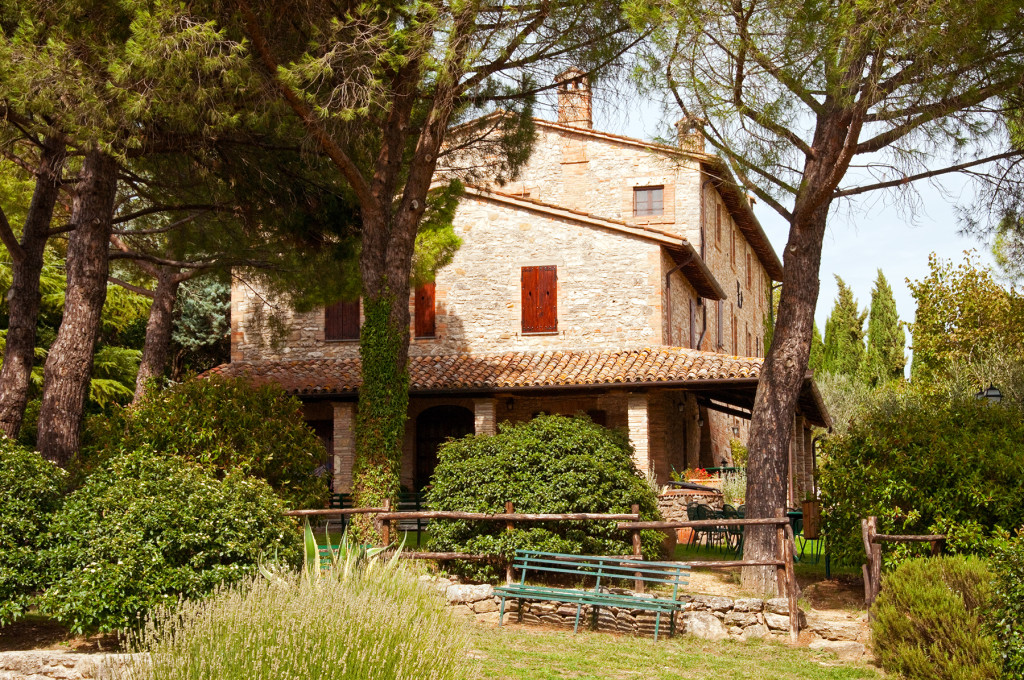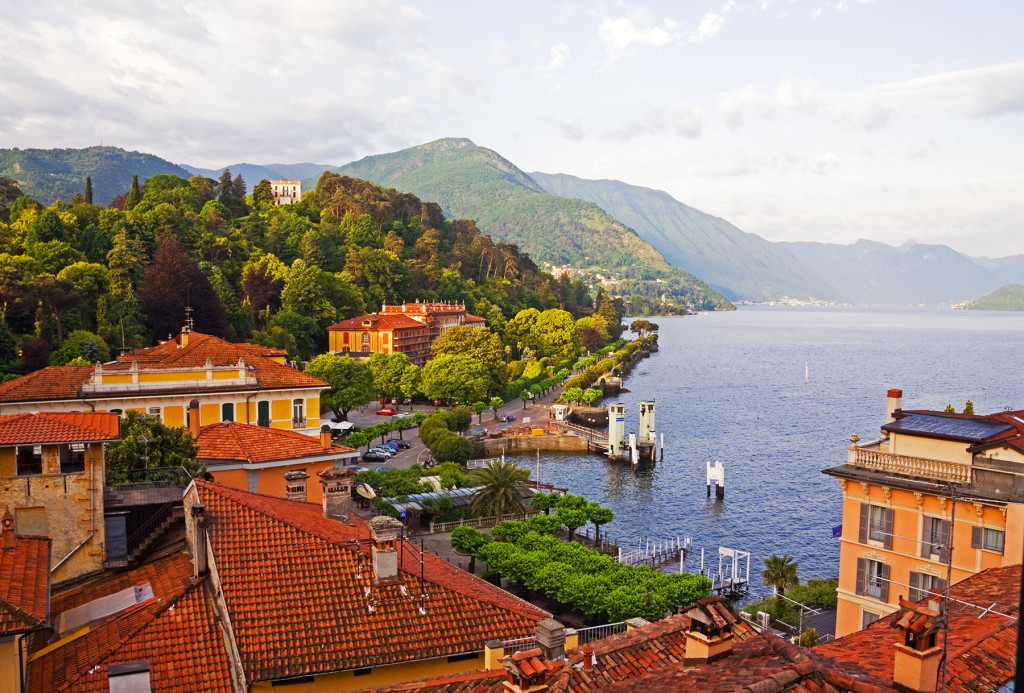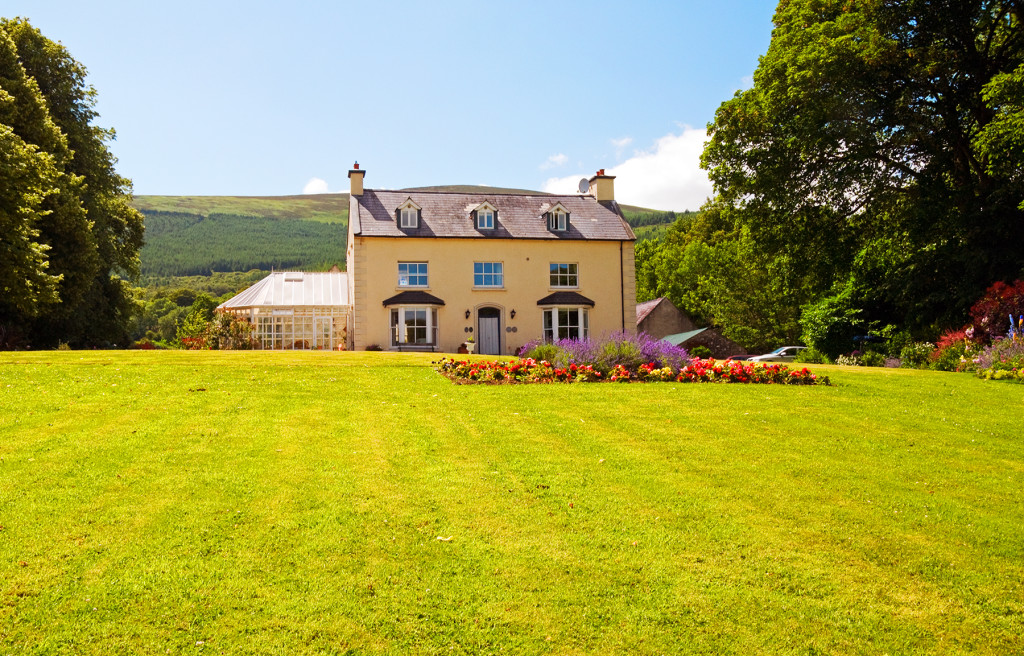Europe accommodation can be confusing. B&B’s, pensions, inns, chateau – what the hell are all these?
See, here in the US, we tend to stay more in hotels and motels. There are Hiltons and Holiday Inns and Marriotts. Motel 6 for those on a budget. And Four Seasons for those who want luxury. But, they’re kind of all the same just varying depending on the price.
In Europe, there are so many more options. You can find a place to stay for a little or a lot. I personally think all the options give you a better chance of finding something in your budget.
But, to me, all these choices give you something even more: the chance to connect with locals. Many of the accommodation options in Europe are smaller, family run places. It’s a wonderful way to travel deeper.
So, what the hell is an agriturismo? A cave hotel? Let’s learn a bit about some of the unique accommodation in Europe.
Bed and Breakfast or B&B – Yes, we have these here in the US. But, I find that many of them tend to be quite pricey and more luxury-minded. Not all of them, but they seem to lean in that direction.
In Europe, B&B’s tend to be small, intimate houses that are typically family run. Often the owners live right in the house or in another building on the property.
Some rooms will share a bathroom and some will be en suite, meaning the bathroom is in your room. All rooms will include breakfast. Breakfast can vary from something simple to a bigger “fry” as its known in the UK or Ireland.
B&B’s are common in Ireland, the UK and other countries such as the Netherlands, France and Hungary. And, they tend to be a bit less expensive in Europe. Now, don’t get me wrong, there are upscale B&B’s, but typically, my experience is that they can be fabulous value accommodation. I love the B&B’s in Ireland. The owners are some of the nicest folks around, giving you insightful information on what to do and where to go in the area. They’ll have restaurant recommendations and even assure you that you are fine driving slowly on those rural Irish roads. I’ve been well cared for at many B&B’s!
Pension – These are also small accommodation similar to B&Bs. Some are family run. All will include breakfast. So what makes a pension different?
Typically a pension will also include lunch and/or dinner options. This is noted as half board or full board – half board includes breakfast and dinner and full board includes all three meals in the price.
Pensions are again a smart choice for those on a low to moderate budget. Sure, you don’t get all the amenities of a hotel, but you get that personal service just as you do at a B&B. Sometimes these places are located in historic buildings so that can be a wonderful way to learn more about the culture.
Pensions are quite common in most of Europe and Turkey. I stayed in a few pension while traveling in Turkey and they were clean, simple, inexpensive and had warm friendly owners and workers who were always willing to offer up some advice on where to go and what to see.
Agriturismo – This is a purely Italian thing and one of my personal favorite types of accommodation.
An agriturismo (agriturismi is the plural form) is simply a farmhouse. In order to be a true agriturismo, the farm must be a working farm and bring in a certain percentage of income from farming. But, the owners, usually a family, may rent out rooms to augment their living.
Now, I know what you’re thinking – farm equals rustic, simple, no heat. Actually, agriturismi run the gamut from simple and rustic to upscale and luxurious. Many will have pools. Some are quite romantic. And most are in fabulous locations surrounded by the natural beauty of Italy.
Most agriturismi will include breakfast. Some will also have a restaurant that will serve dinner. And the best thing is that many of them will serve food and wine that is grown right there on that farm.
The owners are kind and friendly, always giving great recommendations on interesting sites to see or things to do in the local area.
I have personally stayed in a few agriturismi in both Tuscany and Umbria and had incredible experiences. And, it’s awesome to sleep out in the quiet of the rural landscape under a blanket of stars!
Castle/Chateau/Castello/Parador – In the UK and Ireland you’ll see them referred to as castles. In France, they’re called chateau (chateaux in plural form). Castello is Italian and the Spanish often refer to a castle as a parador.
So, if you’re dream is to live like royalty or nobility, then a castle stay might be in order. Admittedly, most of these places don’t come cheap. And many are quite expensive. But, there are some that I’d put in the more moderate price range.
It can definitely be worth the splurge to stay in these historic buildings. Of course, many of them have been greatly renovated to include all the modern amenities. Many will include breakfast. Some will also have an on site restaurant for dining. Some have just a few rooms while others are the size of small hotels and have more hotel-like features such as pools or spas.
Most are in gorgeous locations and often that alone can be worth the price. Often they are wonderful places for weddings or a special occasion like a honeymoon, birthday or anniversary.
Cave Hotel – These are mostly found in Greece and Turkey, especially the Cappadocia region. I stayed in a cave hotel in Göreme, Turkey which is one of the towns in Cappadocia. It’s really cool if not a bit dark!
As the name implies, these are rooms that are built into the earth. Often you’ll find them carved into mountains and hillsides. The temperature stays fairly even in these rooms – staying relatively warm in winter and cool in the heat of summer.
Some of these cave hotels are simple and basic. Some definitely come with more luxury. What you will find is that no two rooms are really the same. Each is unique with its own character.
While part of me loved it – the cool factor is high for cave hotels – the part of me that loves loads of light didn’t like it. So keep this in mind as some really are very cave-like.
Boutique hotel – This is a term you will see here in the US as well. But, I heard it first in Europe and find that it is used very frequently there.
Most hotels that are boutique hotels are smaller in size. As a result, there is more personalized attention. And that’s kind of the point. This is for those who want the amenities of a hotel, but without the feeling of being just a number.
Often these hotels have more character than a typical chain hotel. And often these aren’t corporately owned hotels, but individually owned. Although many are now owned by corporations or small businesses.
The emphasis is on attention to detail with unique rooms, fresh and local food and the latest technology. These places are often quirky and offbeat. Some are very much at the high-end of the spectrum cost-wise. While more at the other end of the spectrum, low-cost boutique hotels, are popping up for those savvy Millennials.
I first stayed in a boutique hotel in Bellagio on Lake Como in Italy. It was a lovely place with simple, elegant rooms. Yes, it was a bit more than staying at a guesthouse or B&B, but it was one that I’d put in the moderately priced category. And I appreciated not being a faceless guest.
Guesthouse – A guesthouse is typically very similar to a B&B. It’s a private house that has rooms for rent. They’re generally a bit bigger than a B&B. Again, these tend to be more intimate and less expensive than larger hotels. And, usually a guesthouse includes breakfast in the price.
When I was in Ireland the first time, I stayed at a guesthouse. I was told that a guesthouse was a slight notch above a B&B, meaning the rooms were a bit nicer and there were a few more amenities. I would agree with this to some degree, but often you’ll find the two can be very similar as there is no standard for the distinction.
Either way, guesthouses offer that more personal feel. Often the owners or the employees are eager to help you out with your plans for exploring the area.
Hostel – A yes, the hostel. Once a place just for the young, the hostel has been getting a bit of a makeover these days.
Many of the so-called youth hostels are more dorm-like with multiple bunk beds in one room and shared bathrooms. Some may have 8-10 beds. Others may have 4. And some of the rooms are shared between both sexes and some are not. Usually there are common areas such as kitchens and dining areas as well as a lounge with couches and comfy chairs. There might be a bar as well.
Hostels are very inexpensive and a wonderful way to travel, especially for the young. It’s a great way to meet other travelers. Friends are made easily at the hostel.
But, hostels are growing up a bit. Today you’ll find more “upscale” hostels where you can get your own room with an en suite bathroom. The rooms are still very basic, but often you’ll find more upscale amenities such as wine bars and hearty breakfasts. And the price is far cheaper than any other type of accommodation. So, don’t dismiss the hostel.
Inn – You may also see the word auberge in French.
An inn is a small establishment offering lodging, food and drink. I know what you’re thinking. I see it too – the old English inn or an inn back in the early days of the US. And you know what, that’s pretty much what they still are.
They are usually located in the countryside along well-traveled roads. I like to think of the inn as the equivalent to a motel – only along more rural roads and family owned. But, you get the idea. It’s a place to stay on the way from point A to point B. It has a restaurant so it’s basically a one stop shop. You’re tired and you stop for the night. Grab a bite to eat in the restaurant and walk upstairs to sleep in your simple room. There might also be a sitting room or parlor of sorts to sit and read.
Manor House/Villa/Hacienda/Relais – These all refer to large country or rural homes once owned by nobility or upper class folks. Most sit on a sizable amount of land as well.
These are grand homes that have now become “hotels” of sorts. Hotel may not be quite the right word. They’re kind of a cross between a hotel, a B&B and a resort. Sometimes you rent the entire place out and sometimes you simply rent your room.
The rooms are typically quite nice to luxurious and there is loads of history surrounding these buildings. Often breakfast is included and some will have restaurants. Manor houses and villas are not usually for budget travelers, but moderately priced options are available.
So, is it all clear as mud? I thought so. It does get confusing and each country in Europe tends to use different terminology. There aren’t a lot of standards around each of these categories either. So even when you see “guesthouse” it may or may not fit exactly into the definition I’ve given here.
The best advice I can give you is to use a travel professional when looking to book accommodation in Europe. Most of us have been there and know what to expect. We understand the differences between the types of accommodation as we’ve actually experienced it.
Just remember to not be afraid to try something new. As I said, I truly believe all the options in Europe make it that much more interesting, fun and exciting to travel there.

